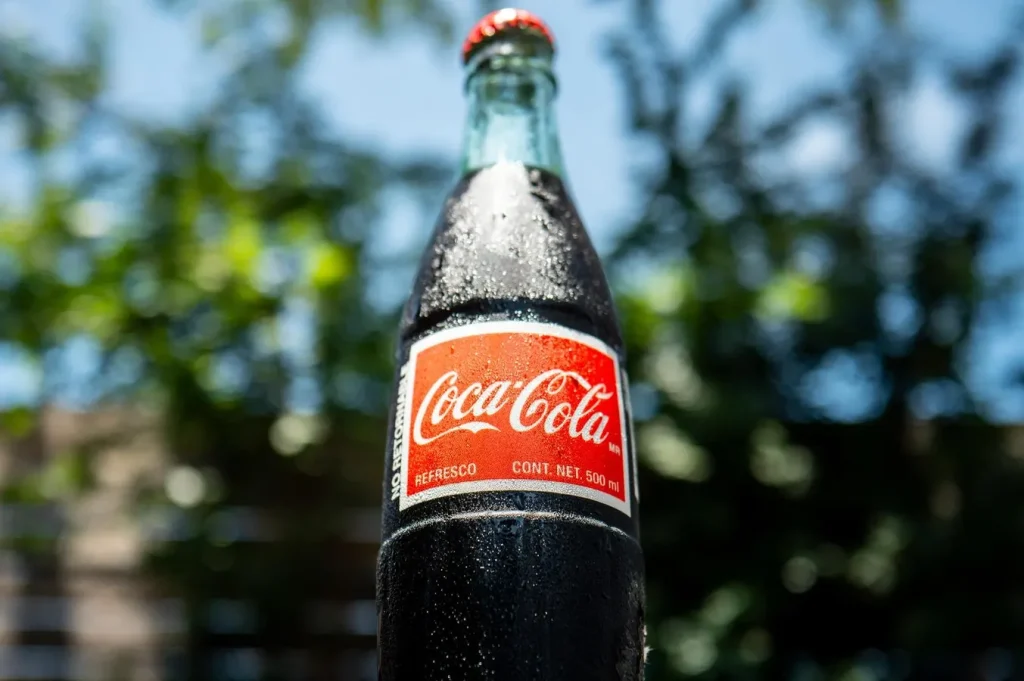The Fanjuls: Sweet Success, Sour Criticism in America’s Sugar Empire
In the sun-drenched fields of South Florida, a story of immense wealth, political influence, and controversial business practices has been unfolding for decades. The Fanjul family, Cuban émigrés who fled Castro’s revolution in 1959, have built a sugar empire worth an estimated $4 billion that includes iconic American brands like Domino Sugar and Florida Crystals. Now, they stand poised to capitalize on Coca-Cola’s expansion into American cane sugar production—a development that ironically stems from pressure applied by their longtime friend Donald Trump. This potential business windfall represents just the latest chapter in the Fanjuls’ remarkable American journey, one marked by extraordinary success but also shadowed by persistent criticism about their environmental record, labor practices, and political maneuvering. Their story raises profound questions about the nature of the American Dream itself: Is it truly about innovation and hard work, or about cultivating the right connections and influencing government policy to benefit your business interests?
The Fanjuls’ political acumen has been evident for decades, but their relationship with the Trump administration has proven particularly fruitful. When Trump pressured Coca-Cola to use more American cane sugar, the Fanjuls were perfectly positioned to benefit. Their Florida Crystals operation, which they promote as the largest certified regenerative organic farm in the United States and the only one growing sugar, offers Coca-Cola an appealing narrative about sustainability and supply chain transparency. A family representative emphasizes that the Fanjuls embody “determination and a strong work ethic,” portraying them as exemplars of immigrant success. While they have supplied Coca-Cola for many years, never before have they had such an opportunity to become an exclusive provider for specific products from the beverage giant. This potential partnership could represent a crowning achievement for a family that has spent decades building political relationships across party lines.
However, critics paint a very different picture of the Fanjul empire. Colin Grabow of the libertarian Cato Institute, who published a scathing report on the U.S. sugar program, rejects the notion that the Fanjuls represent the American Dream, calling such an interpretation “pretty cynical.” He argues that their success stems not from innovation or honest competition but from manipulating government policy and cultivating political connections. Environmental advocates have long criticized the family’s agricultural practices, pointing to chemical runoff from their farms that allegedly pollutes Florida waterways. The Fanjuls counter that their “farms filter the water and release it cleaner than when it arrived,” but decades of environmental concerns have created skepticism. Similarly, the practice of burning sugarcane leaves before harvest—which releases potentially toxic gases—has drawn criticism, though the family insists this “common method” is “highly regulated” and conducted away from populated areas.
Perhaps most damaging to the Fanjuls’ reputation are allegations regarding labor practices in their Dominican Republic operations. For years, human rights organizations have raised concerns about working conditions that some have characterized as forced labor. The Fanjuls have consistently denied these allegations, and in a significant development, the Trump Administration removed a ban on importing from that business in March—another example of how political relationships have benefited the family’s commercial interests. The family’s embrace of regenerative organic farming practices represents a relatively recent pivot toward sustainability, one that critics suggest may be more about image management and market positioning than about fundamental values. Nevertheless, this strategic shift has positioned them perfectly to capitalize on increasing consumer and corporate interest in sustainable supply chains.
The Fanjuls’ story intersects with broader questions about American agriculture, immigration policy, and the future of food production. Recent developments highlight the contradictions in current approaches: while the Labor Department has acknowledged that immigration crackdowns are threatening “the stability of domestic food production and prices for U.S. consumers,” the Agriculture Department continues to maintain different talking points. Meanwhile, organizations like the Regenerative Organic Alliance are partnering with data firms to quantify the benefits of regenerative farming practices—moving “from paperwork to proof” by measuring nutrient density and pesticide residues. Other agricultural innovations show promise as well, such as University of Maryland researchers’ work on developing wheat varieties that could significantly increase yields. These developments suggest a food system in transition, one where sustainability credentials and scientific verification are increasingly important for both consumer trust and business success.
The American food landscape continues to evolve in other ways as well, from the revival of iconic brands like Hooters (whose original founders are buying back franchises to restore the chain to its “cheeky glory”) to surprising developments in established companies like Chobani, whose founder Hamdi Ulukaya finally accepted outside investment after years of independence. This $650 million investment at a $20 billion valuation coincides with the construction of a $1.2 billion dairy factory in upstate New York and has reportedly increased Ulukaya’s net worth from $2.1 billion to $13.5 billion. Such massive financial movements demonstrate the enormous stakes in America’s food system—a system where the Fanjuls have thrived for decades despite controversy. Whether they represent the American Dream or its corruption depends on one’s perspective, but their story undeniably reflects the complex interplay of agriculture, politics, and power that shapes how America eats.


